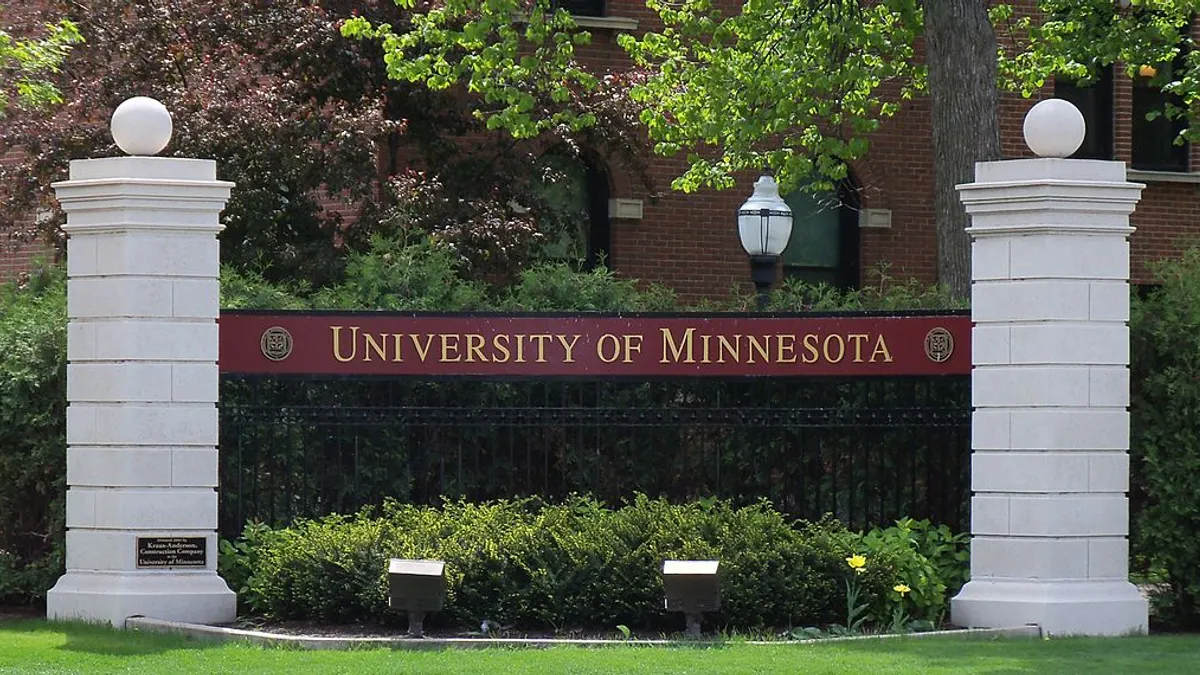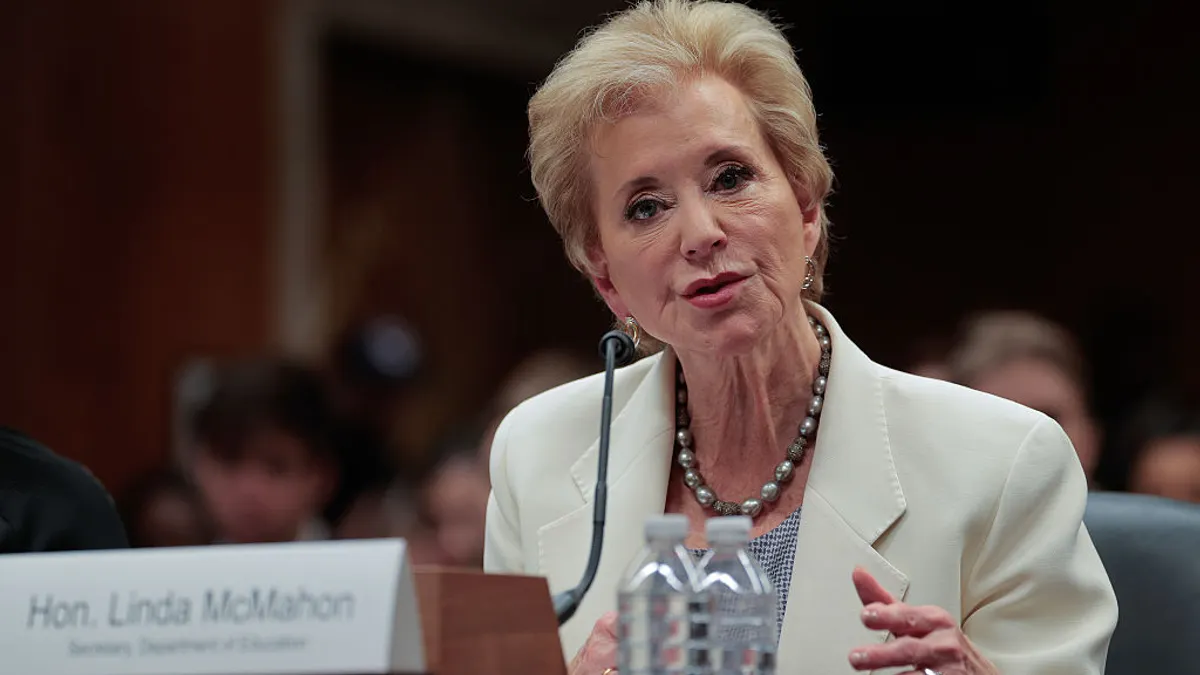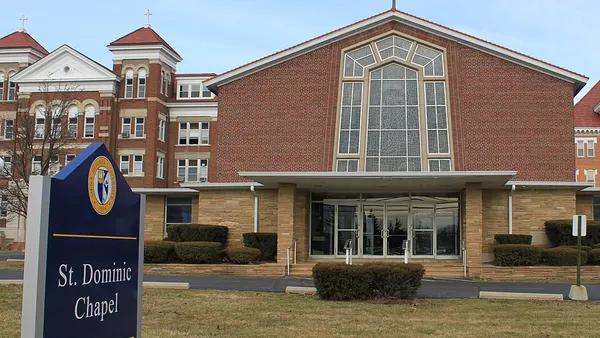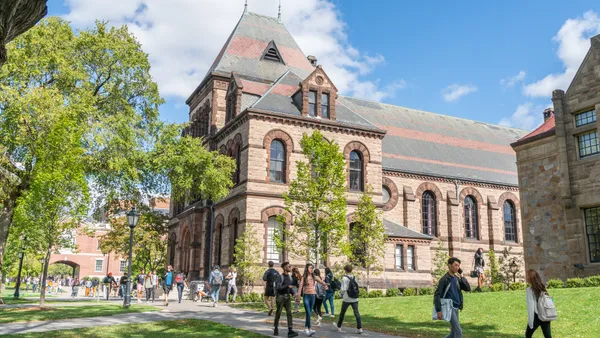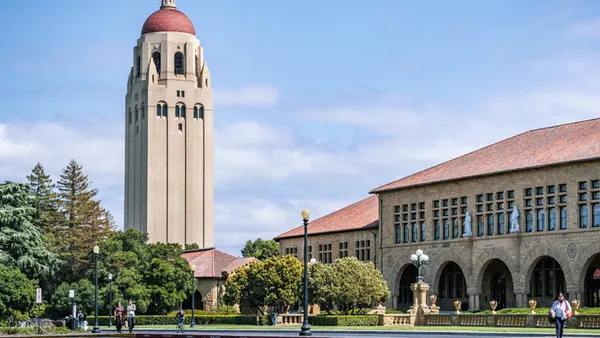Caleb Klipowicz is a Ph.D. candidate in sociocultural anthropology at the University of Iowa, where he is a member of United Electrical, Radio and Machine Workers of America Local 896/Campaign to Organize Graduate Students.

Tens of thousands of graduate students in the U.S. rely on stipends provided through teaching and research assistant positions to pay their way through school. This is perhaps especially true for working-class students at public R1 schools, like the University of Iowa, where I study and work.
This year alone nearly 2,000 of us in our bargaining unit are responsible for teaching the bulk of undergraduate courses or running essential research for faculty, on top of our own rigorous studies and research goals. But while graduate students elsewhere are seeing pay raises that keep up with cost of living, our pay has been stagnant the past six years. This means that while current students are struggling to get by, prospective students may start looking to greener pastures outside the Midwest for their post-graduate education.
Low pay for graduate student workers is far from an Iowa-only problem. A study by Boston College professor Eric Weiskott published last year by the Modern Language Association offers a glimpse at the poverty wages most of us live with to get by. Using available data on English doctoral student stipends, Weiskott estimates that nationwide, graduate students earn an average of around $25,000 per year. Here in the Midwest, that average is $23,234 a year.
At the University of Iowa, starting pay for graduate teaching and research assistants is even lower. For the 2022-2023 school year, grad student workers like me are paid $20,708, about 150% of the Federal Poverty Level for an individual income earner. That is only 9% more than when I started working here in 2017.
Meanwhile, the Bureau of Labor Statistics estimates a cumulative rise in the consumer price index for our region from January 2019 to January 2023 at 18.4%, over double the annual raise amount we have received. The result is an effective pay cut for graduate workers who are expected to put out the same amount of high-quality work each year. As a result, graduate workers here in Iowa are adding more debt through student loans, taking on clandestine second jobs to make ends meet, and relying on local food pantries to fill their cupboards.
Low pay and rising cost of living were key issues for some of the grad worker unions in Big Ten schools, like University of Wisconsin-Madison and the University of Michigan, who organized some of the first grad worker unions five decades ago. More recently, high-profile strikes like those at Columbia University in 2021 and the University of California system last year focused largely on getting cost-of-living adjustments in their paychecks.
Seeing what workers won as a result of collective bargaining elsewhere only bolstered efforts at schools here in the Midwest. Graduate students at Indiana University, Northwestern University and University of Chicago have all moved to form labor unions in the past few years. As one graduate student at Indiana explained last year, after years of trying to negotiate with the administration without a union, “it became increasingly apparent that the best way to secure the dignity that we’re looking for in both education and in working conditions is through a union for graduate workers.”
Ironically, more established unions like ours in Iowa now face tremendous obstacles to hanging on to our previous contract wins. The Campaign to Organize Graduate Students, or COGS, at the University of Iowa first affiliated with United Electrical, Radio, and Machine Workers of America, or UE, starting in 1996. It went on to win health insurance, tuition and fee coverage, and a livable stipend (at the time).
But over the past decade, Republican-controlled legislatures in the state passed anti-union laws that now threaten to roll back our contract gains and could even dissolve our unions entirely. Our bosses at the University of Iowa and the Iowa Board of Regents now exploit the anti-worker legal landscape to keep our pay raises below the cost of living and scrape further benefits from our contract, even after the Iowa Public Employee Relations Board found them guilty of bargaining with us in bad faith just as the law changed.
As I near graduation in May 2024, I can’t help but feel disheartened that my soon-to-be alma mater seems to be falling even further behind the national curve. The pay and benefits grads in our union won in the past made it possible for me to continue my education without going further into debt or forgoing health insurance. But now the prospects for recruiting and retaining future students seem dismal.
Will the powers that be in schools like the University of Iowa listen to reason and fight for graduate student stipends to keep up with the national average? Or will more grads have to choose between enduring debt, stress and insecurity and looking outside the Midwest to get the education they deserve?




